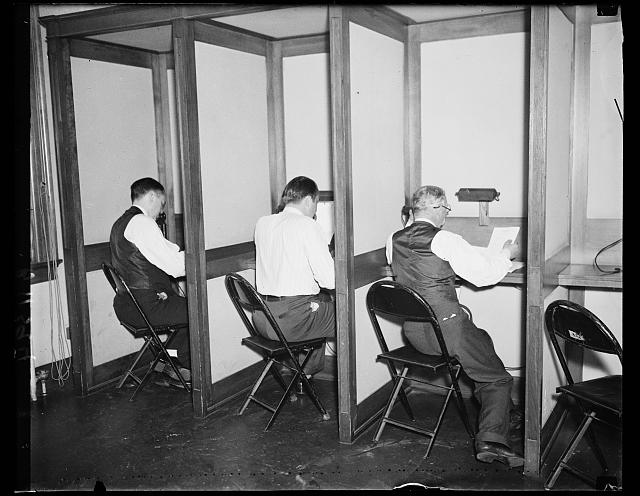Keep Reporters Interested: Admit, “I don’t know.”
A reporter calls about a topic that you’re still learning about, or one that’s being researched but the report hasn’t been published, or it’s on legislation that people and companies are just starting to understand.
The initial response is often to decline the interview. People think: “I’m not really an expert in that.” They respond with “no comment,” or “I can’t really speak to that.” They avoid calling the reporter back.
What they don’t realize is that reporters aren’t always looking for sources who have all the answers. They often need experts willing to help them hash out additional questions, learn context, and identify additional story angles. When they get on the phone, they don’t always know what the story is going to be about quite yet.
We’re not talking uninformed speculation here–not knowing something is no excuse for creating false urgency around “what-if’s,” no matter how much the 24-hour-news cycle seems to think so. You have to know *something relevant.
But if you don’t know the answer to the question they’ve asked, and you can’t find it offline and get back to them, say, “I don’t know.” Then ask and answer new questions:
WHY don’t we know? What DO we know? What is MY COMPANY DOING to find out?
WHERE have we seen similar situations? WHAT happened at that time? HOW is this situation different?
(And, if you have business development partners who might also be informative, “Here’s contact info for someone who DOES know,” followed up immediately with a heads-up-and-you’re-welcome phone call to said partner.)
Suddenly, you’ve created the chance to talk about that forthcoming research report, or how your team is examining potential legislation’s impacts on your clients, or a successful past effort to navigate a similar situation. You’ve become a person that the reporter knows to be willing to offer valuable, relevant insights, even if you don’t always have the precise answer to a precise question.
Refusing to call a reporter back ends the conversation, and you won’t get another call the next time that writer seeks insights, while “no comment” ends the conversation and makes you seem defensive. (And if you go through Bliss Integrated Communication’s media training program, you’ll hear us say “never say no comment.”)
But if you say, “I don’t know, but,” you create an opportunity to continue the conversation as a thought leader. The key is to remember that not knowing one answer doesn’t mean you can’t be helpful and insightful by providing another.
Photo courtesy of Harris & Ewing Collection in the Library of Congress
Connect with Liz:
Phone: 212-584-5477
Email: Liz@blissintegrated.com
Twitter: @LizDeForest
LinkedIn: Liz DeForest
